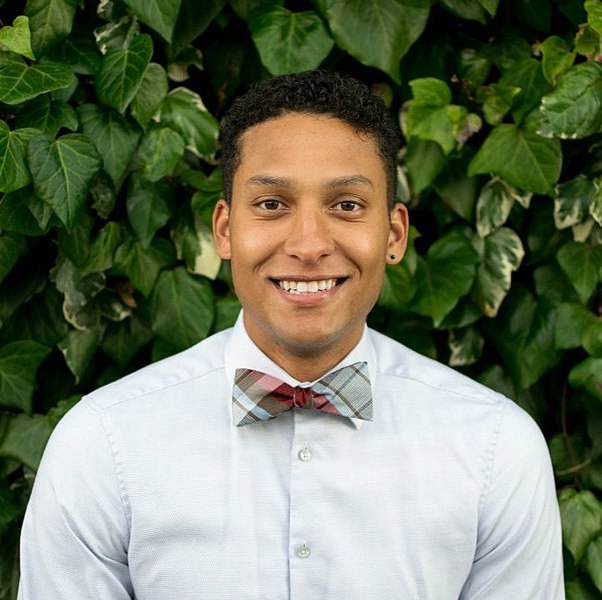Since 2013, the UCSF School of Medicine has offered an elective course on editing health-related Wikipedia articles. The course is one month of full-time work, and is offered 2- 3 times each academic year. The following are reflections by Derek Smith, one student who enrolled in Dr. Amin Azzam’s March 2019 cycle of that course.

Photo by Thayermartin, CC BY-SA 4.0, via Wikimedia Commons.
I approached this class as an opportunity to improve public knowledge about a certain topic by contributing to a high impact Wikipedia article. I had already been doing some personal research into the anti-vaccine movement by joining conversations on an anti-vaccine Facebook group and reading some of the commonly cited articles circulated on anti-vaccine forums. My goal was to better understand the anti-vaccine movement and the common pieces of misinformation that are spread among this community. So it was a natural choice to select the “vaccination” Wikipedia page after seeing the article’s importance, as well as room for improvement.
Fortunately, I did not encounter any obstacles editing the page. Even though the page was not locked, there had been minimal editing traffic in the recent past and no new conversation on the talk page for some time. I also did not experience any push back after I began contributing to the page from anyone on either side of the debate. This provided a certain sense of freedom to improve the page with strong, scientific evidence without feeling the need to play political games or put out fires along the way.
I decided to focus the bulk of my efforts on creating and building out a “Safety” section on the article since there previously had been no dedicated conversation about safety. The most significant concern expressed by the anti-vaccine community is regarding safety. I actually found it quite astounding how efficiently misinformation (whether intentional or accidental) spread across Facebook groups and forums within this community. It was evident that many were quick to like/share a post, but would not verify what the post said. A common example was the claim that “vaccines do not undergo safety testing”. This is obviously a false statement, but many would see a post with this message that had a lot of likes and would decide to share that post without looking for themselves to see if there actually were/were not safety studies. From a medical/scientific perspective, this is incredibly frustrating because there is great data supporting safety and efficacy all around us that anyone can access. From a philosophical perspective, it raised interesting questions about freedom of speech. Amazon, Twitter, Pintrest, and many other companies have begun removing anti-vaccination content from users on their sites. In my opinion, these actions are just because although freedom of speech is a right, there are limitations when it comes to jeopardizing the safety of others. It’s a challenge for healthcare professionals to quell the concerns of those who are anti-vaccine because of the burden of having to disprove all the false claims while boiling down decades of research and medical innovation into something both consumable and enlightening for the public. For that reason, it’s more important than ever that healthcare professionals are able to work closely with, or have representation in, the government, the business world, and the tech world.
Over the course of the month in this class, I did have several conversations with friends and family members about Wikipedia and the page I was working on. The most common question was “how hard is it to edit a page?” Even though Wikipedia has been around for almost 20 years and is used by such a large population of the public on a regular basis, many (including myself prior to this class) still don’t understand how to support or contribute to this open source of knowledge. So in having these conversations, I talked about how easy it is to get involved in the Wikipedia community and how transparent the site is. I think the common reaction was excitement that they also have access to improve articles on subjects about which they are passionate. Other questions I was asked focused on my edits of the vaccination page, which was a great opportunity to highlight the safety of vaccines and address some of the common myths of vaccines.
The amount of internet traffic that goes through Wikipedia and the number of people that can be reached with its content is astounding. Between the traffic by patients and providers, the amount of information, and the implications Wikipedia articles have on evolving research, there are few places better than Wikipedia to get involved.
Wiki Education provides free tools and systems of support to higher education instructors of all disciplines who want to teach Wikipedia writing assignments. See teach.wikiedu.org to access those tools today!
